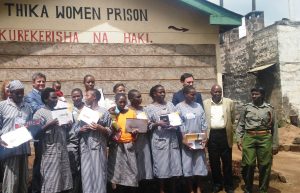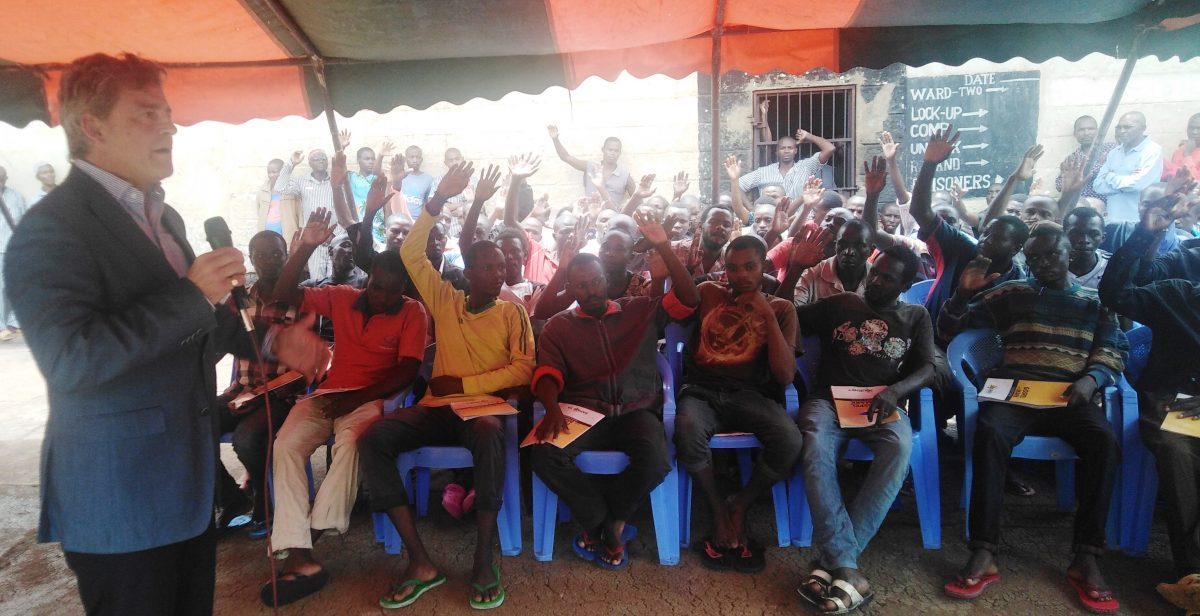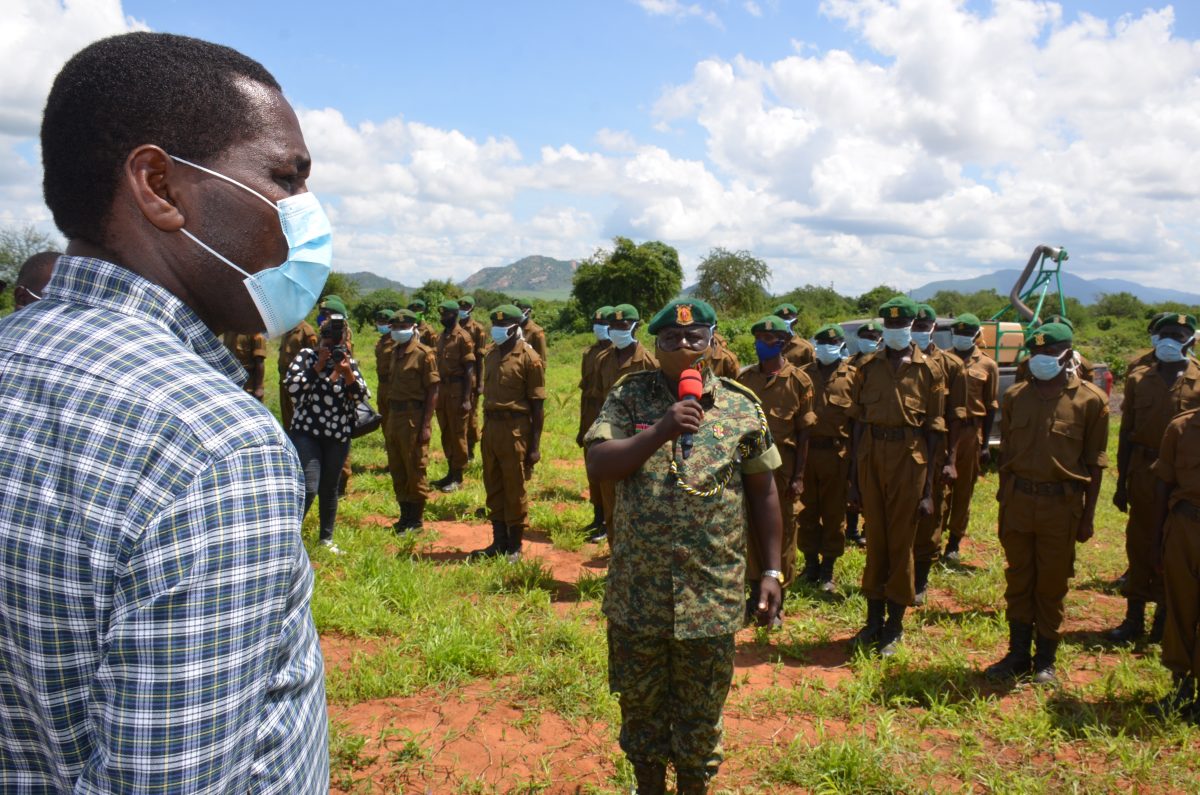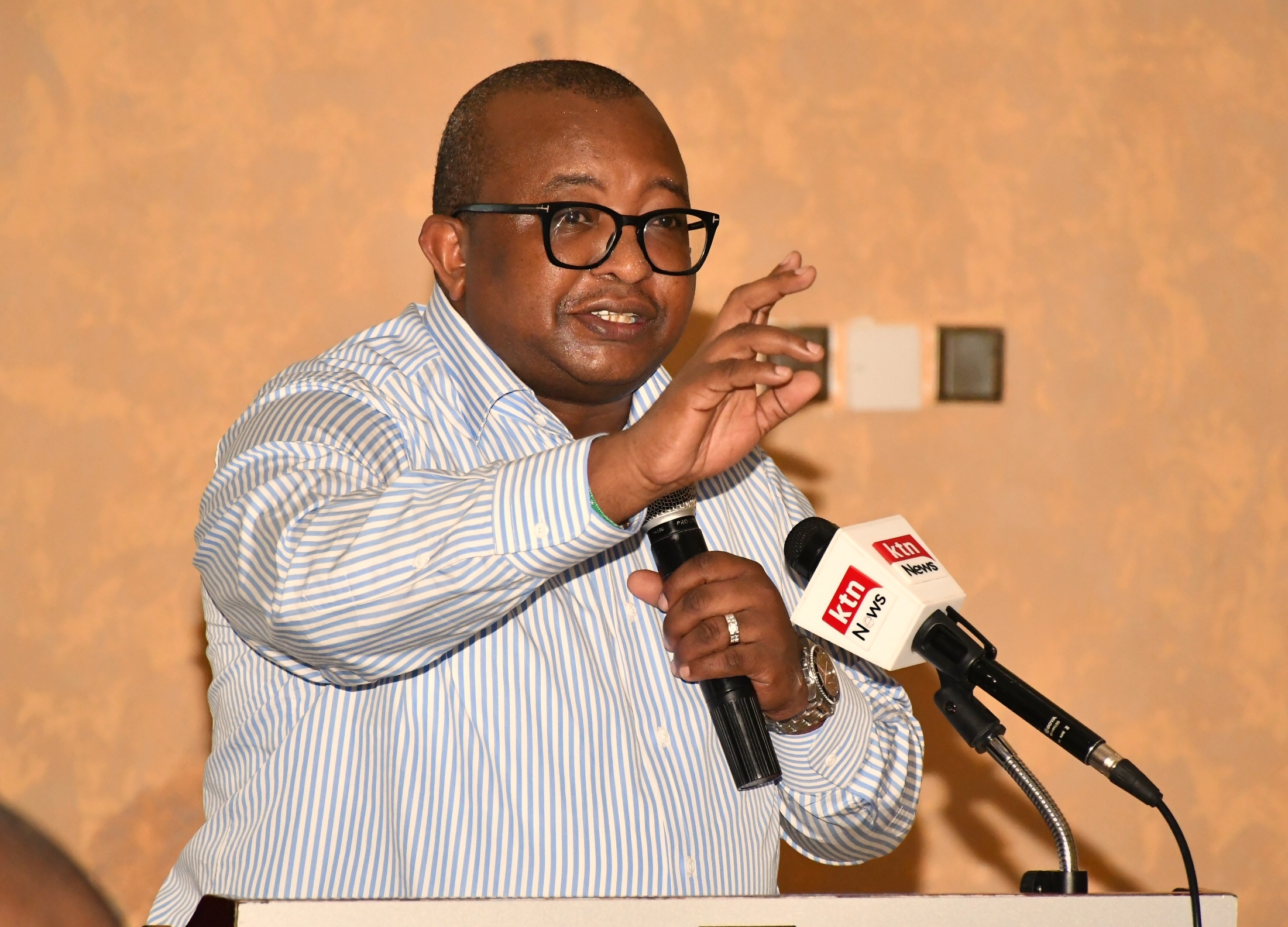
The Thika’s Main Prison has been hit by a congestion crisis with the facility currently holding 1,000 inmates against a capacity of 300.
The inmates, most of them remandees, and some high-risk offenders are forced to share small cubicles and a mattress to fit at the facility, making sanitation and other conditions deteriorate.
The Officer-in-Charge, Assistant Commisioner of Prisons (ACP), Billy Korshal said about 40 per cent of the inmates are convicts with the rest being remandees with ongoing cases.
Speaking during a Prison Fellowship Programme at the facility on Monday, Korshal said the remandees cannot be transferred to other prisons since they have to be produced in local courts.
The prison located within Thika town mainly serves Thika law court. It has an expansive piece of land and they hope to put up new structures to meet the demand in the coming years.
The ACP said they had introduced legal education for the remandees to enable them to litigate and ask to be released on bail whenever they appear in courts of law.
“This would remove fear amongst remandees when presented before court and make them able to ask to be released on bond or cash bail. They will also ask for lesser sentences, thereby reducing congestion at our prison. We also recommend for petty offenders to be allowed to do community work,” he said.
The Prison Fellowship International, a faith-based organization that sponsors spiritual reforms among inmates also took issue with the state of prisons in developing countries saying prisoners need to live in dignity.
The organization’s CEO and President, Andrew Corley said prison environments particularly in developing countries are challenging hence the need for improvement.
“Prison conditions in developing countries are a challenge due to high crime rates and lack of adequate facilities. However, there is room for improvement to facilitate prisoners live a more dignified life, “ he said.
He added that fellowship programmes need to be taken to all prisons as a form of lifting inmates spiritually to enable them reform and lead righteous lives.
In most cases, he said prisoners who pursue the eight weeks programme become pastors later on having full knowledge of the Bible and get fully reformed.
Some 100 men and 30 women graduated in the programme and were given bibles, certificates, clothes, shoes among other stuff.
The Prison Fellowship International has a presence in 112 countries. About 330,000 inmates have graduated in 42 prisons across the world this year.
By Muoki Charles



